Attack in France
“Daesh loathes the idea of a religion that leaves room to the intelligence of faith. It’s a war on democracy and on the peaceful coexistence of peoples with different opinions”, affirmed Dominique Quinio, former editor-in-chief of the French Catholic Daily La Croix, president of the French Social Weeks. “France will soon be holding its presidential elections, where violent discourse against migration and Islam exercise influence on voters. We risk being overcome by fear and by the erosion of social cohesion”

“Daesh is evidently loosing ground in Iraq and Syria and it calls upon its militia in Europe to strike against its most hated target, namely democracy and the peaceful coexistence of peoples with different views.” Dominique Quinio has been the editor-in-chief of the French Catholic daily La Croix for ten years. She currently serves as president of the Social Weeks of France. In her capacities she continues to follow the ongoing developments his Country – particularly tragic in the recent past –. She also contributes her reflections and thoughts to the “Tribune”, run by the organization she currently chairs. Asked to comment over the phone, she promptly replied: “It came as a shock. The fact that Daesh entered a church during a Eucharistic celebration means that the target was obviously the Catholic Church. There have already been a number of threats to this regard, but now they have become reality. Atrocities thus add on to more atrocities.”
What is the reason for striking against a Country like France, characterised by widespread secularism?
“The majority of the French population are aware that the history of this country is rooted in Christianity. Churches are part of its landscape, and Saints inspire the names of many cities. In reality, France defines itself as a secular country – which doesn’t mean that it has been de-Christianised. It means that political and religious power are separate spheres. Indeed, it cannot be denied that nowadays French Christians represent a minority group and religious practice has largely decreased along with the number of baptisms, marriages and youths who describe themselves as believers.
But the main target of Daesh is the freedom of conscience; the freedom to believe and practice one’s religion in a country that respects everyone: believers and non-believers alike.”
Although a minority group, Daesh considers Christianity as a threat. Why?
“It does. The figure of the Pope might contribute to this attitude, as they are aware that his words and his actions are meaningful for world populations, Catholics and non-Catholics alike. And this scares them. They also fear the idea of a religion that leaves room to the intelligence of the faith, to discussion, to paradox. The paradox is that Father Hamel, the priest slaughtered in Rouen, was involved in interreligious dialogue with the Imams of the banlieue of Rouen.
This is precisely what Daesh loathes the most: the idea that Islam fails to impose Sharia law on its people.”
Many define it a “war of religion”. What is your opinion?
“Probably Daesh sees it as such. However, my hope is that the answer, especially in Europe, will not be conceived in these terms. Moreover, in their statements the French bishops have repeatedly appealed not to put the blame of what has happened yesterday on the Muslim community, while Muslim communities have clearly condemned the attacks.”
But for Daesh it’s a religious war.
“This is true. But most of all, it’s a war on democracy, against non-theocratic States, where religion does not impose its laws and where religious and political order are two separate realms. These are the targets of their war. I think that the risk today is for our Countries to interpret these acts of violence as a war of religion, putting a generalised blame on Islam as a whole. However, it is equally important, precisely because this risk does exist,
that Muslims actively follow the spiritual formation of their youths. It’s their responsibility to reaffirm, within their religious communities, the value of practising faith in a democracy, marked by freedom of religion and of conscience, where a Muslim is free to convert to Christianity without any problem.”
What are the risks and whence should we start from?
“There is the risk to set one religious community against the others. Nobody should take advantage from this situation. It is to be expected that there are those who will profit from it, as is already happening.
On social networks right-wing extremists are asking to deport Muslims from France in order to prevent a genocide of Christians in Europe.
That’s not the way to respond to the logic of terror. This is also a delicate phase for our Country, ahead of the presidential elections, where violent slogans against migration and Islam influence the voters. We risk being overcome by fear and by the erosion of social cohesion that has grown weaker during the past year. After the first attacks in Paris – on Charlie Hebdo and then at the Bataclan theatre – the reaction was one of national unity and cohesion, but after the attack in Nice this same cohesion had waned.”
What is the new point of departure?
“The various religious communities were united in their response. However, the official representation of Islam is yet an open question. Catholics have their Episcopal Conference, the Protestants are represented through a Federation, the Jewish community has a Great Rabbinate. There are Muslim confederations and councils, but their statements are not accepted by all Muslims owing to influences that can in turn be Algerian or Moroccan. This means that even when their leaders take a firm stand, their words are not necessarily received at grassroots level. There is also great work to be done inside the mosques, among Imams. What’s important for now is to contain the fear and the hatred.